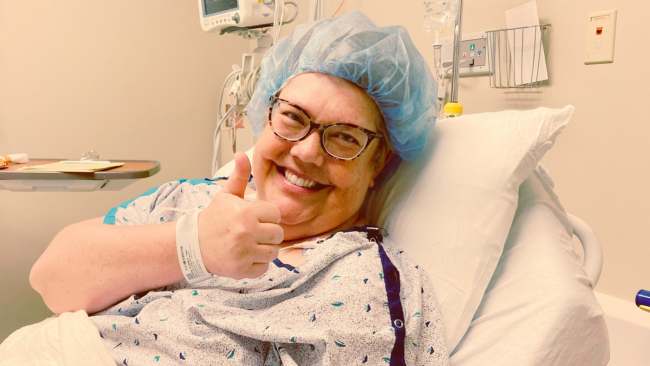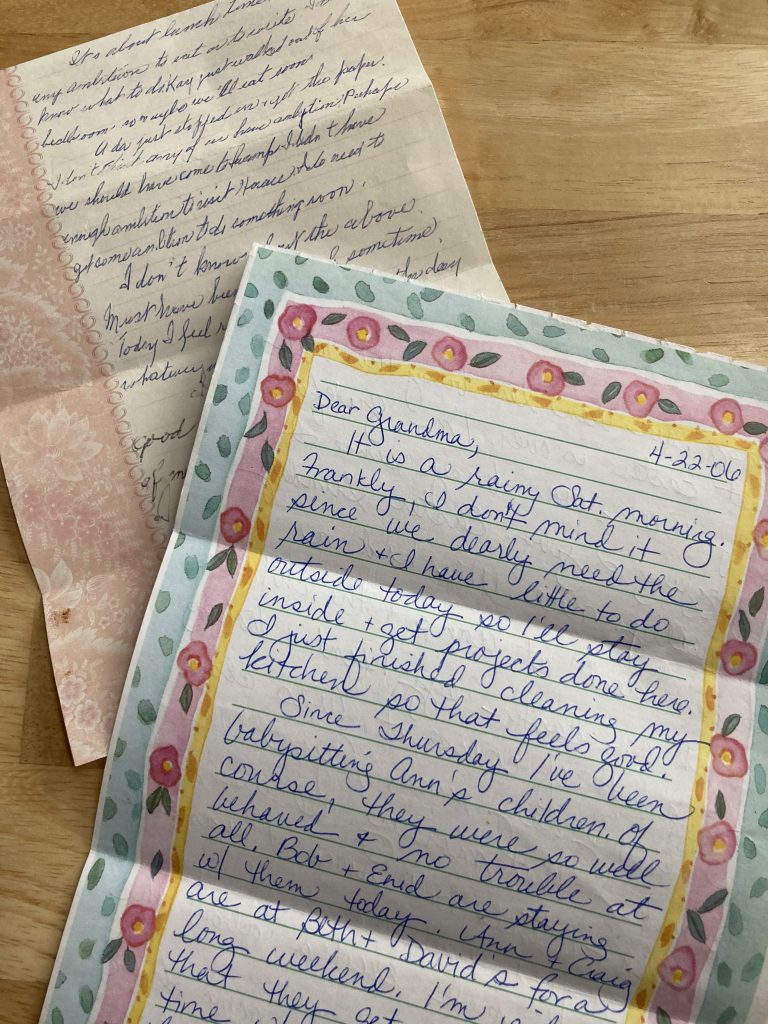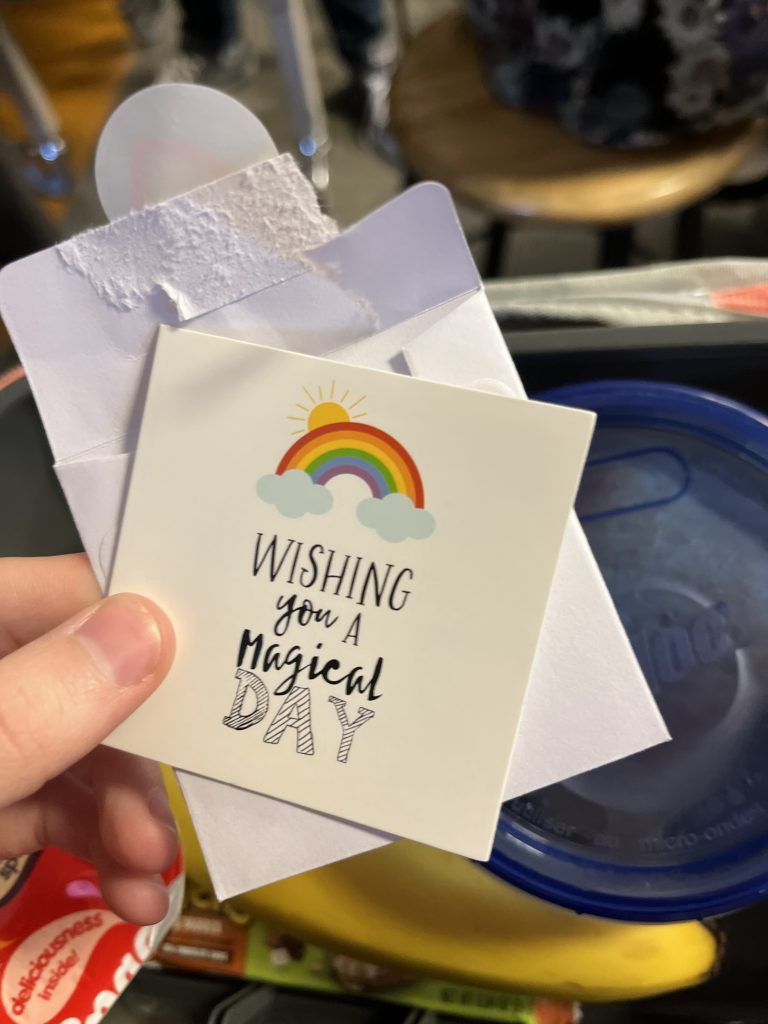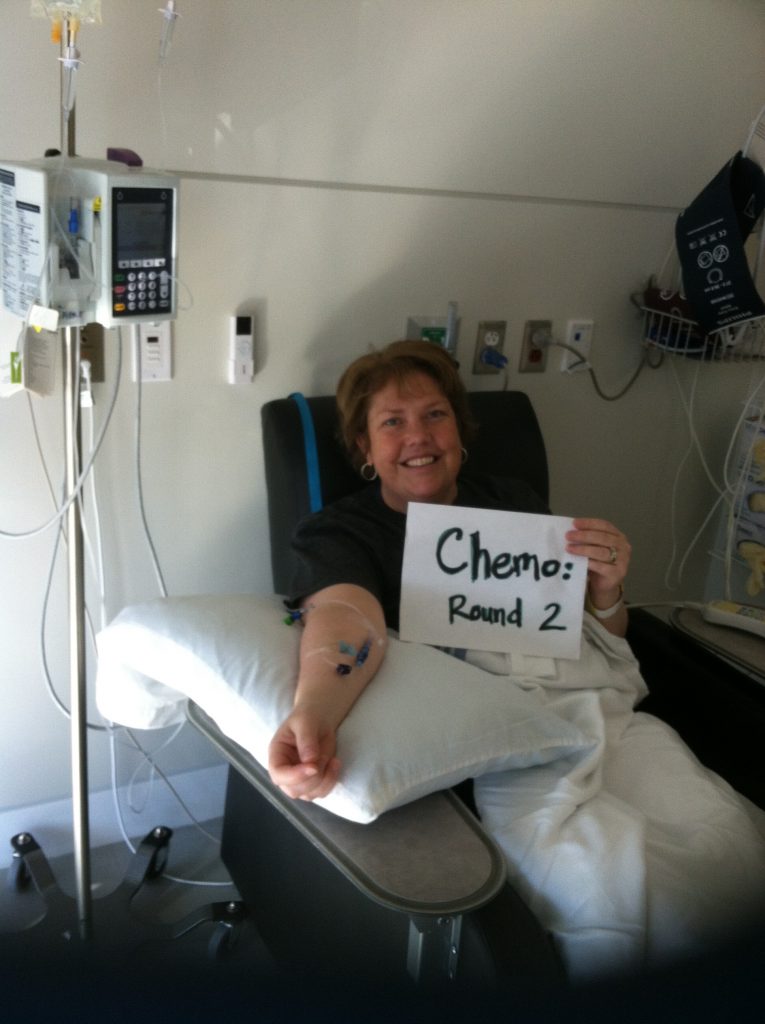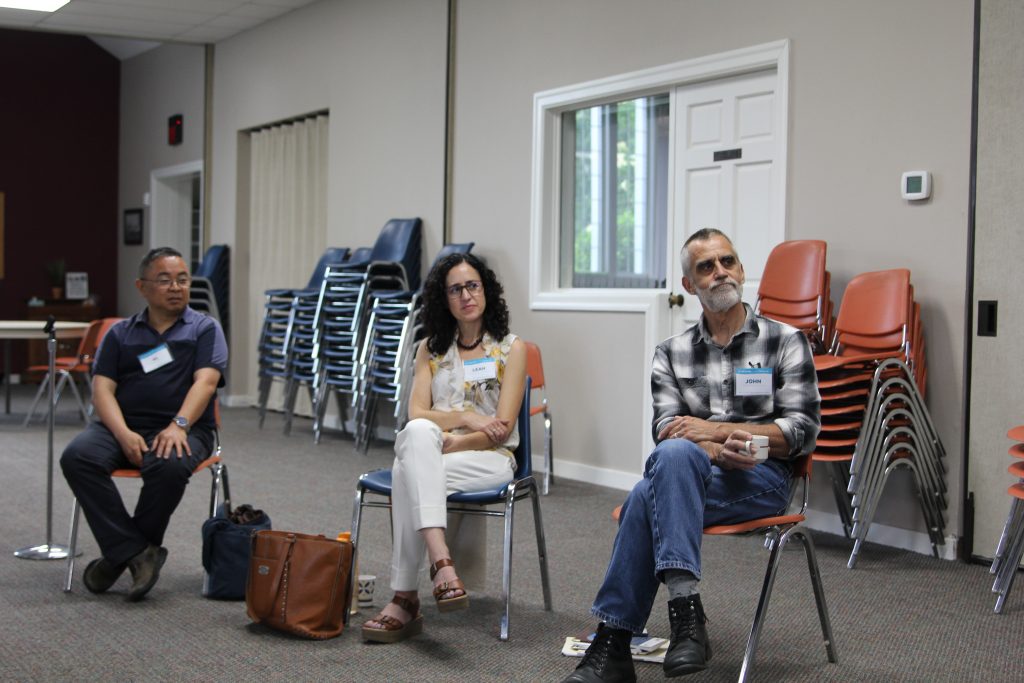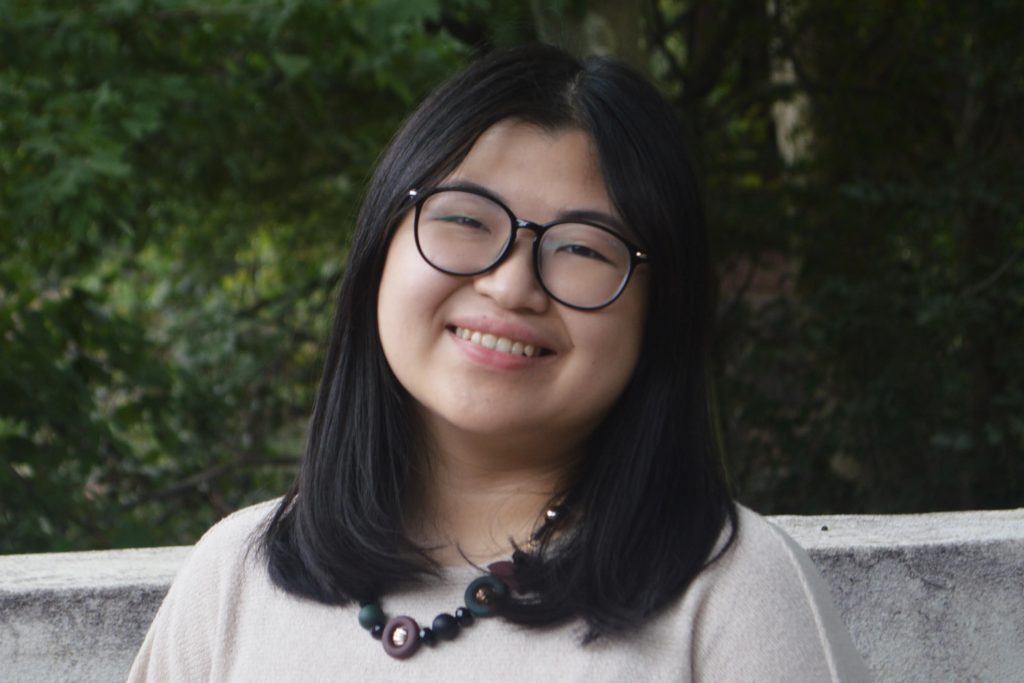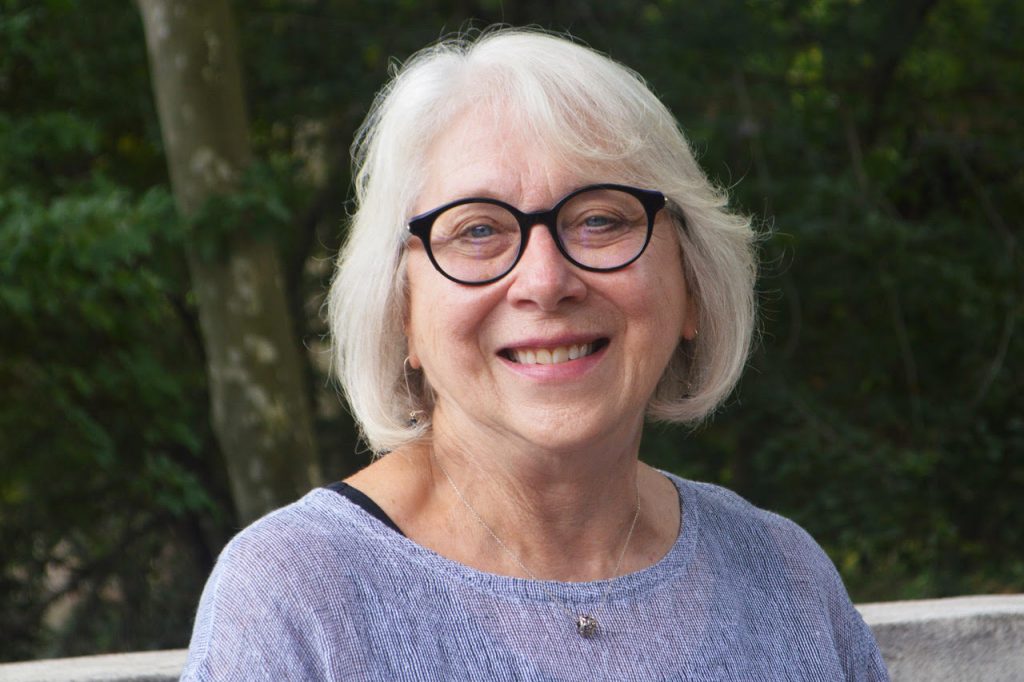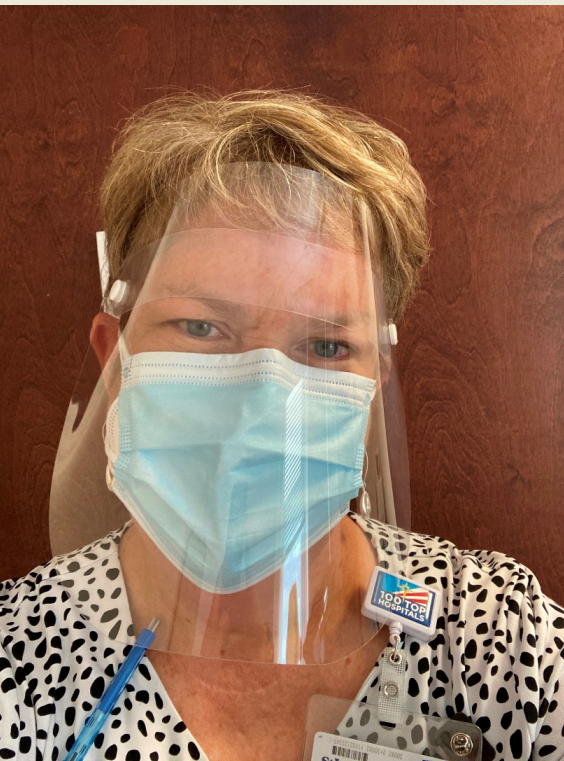by Sue Conrad Howes, Director of Pastoral Services, St. Luke’s Penn Foundation
Originally published on the St. Luke’s Penn Foundation blog. Reprinted with permission
When I first began working as a chaplain in mental health, I was anxious. I said to my supervisor, “I’m not really sure this is the place for me to do my chaplaincy as I have never done chaplaincy in this arena before.” My supervisor gently replied, “Do you think you’ll be able to interact with each client as though s/he is a child of God?” I said, “Yes.” Then he said, “That is all you’ll need to do.”
I am reminded of those wise words so often in my work. In fact, I try to remind myself of my goal each day, thinking, “God, help me see each person I meet today as your beloved child.” When I remember the guidance that I was given, I can do my work better and not get caught up in the stigmas, diagnoses, or addictions that the people with whom I work face each day. It allows me to see the client, not as a diagnosis or an addict, but rather as a child of God. Suddenly, I know how to interact with this person – I love them, as I should all children of God.
I share this story as a sort of confession. Even as a chaplain for a mental health facility, I too have struggled, and sometimes still do, with knowing how best to serve, support, and encourage persons with mental health issues and addictions. Also, when I started in mental health, I felt like I needed to do a lot of reading and research on mental health diagnoses, such as bipolar disorder, schizophrenia, etc. Again, my wise advisor told me, sure, you can learn about them, but it’s probably best when you first meet a client/patient that you not even know what his/her diagnosis is. “Just treat them as a beloved child of God.” Although learning about different diagnoses has been helpful in better understanding the clients, I have learned that their diagnoses do not define them or how I enter into a relationship with them. Our relationship is already cemented by my belief that we are both children of God, worthy of love and acceptance.
May is Mental Health Awareness month. I wish we didn’t have to have a special month to promote it, but the stigmas of mental illness are still prevalent today. When I find myself guarded about interacting with a client due to his/her illness, I ask myself, “Would I be treating them this way if they had a diagnosis of diabetes or cancer?” We accept those illnesses and freely want to support those persons, but we still are challenged in accepting mental illnesses.
I challenge you this month and in the year ahead, as you interact with persons in your congregation, your family, and your community with mental illness, to remember first and foremost that they, like you, are a beloved child of God. Be kind, gentle, and loving to them and yourself.
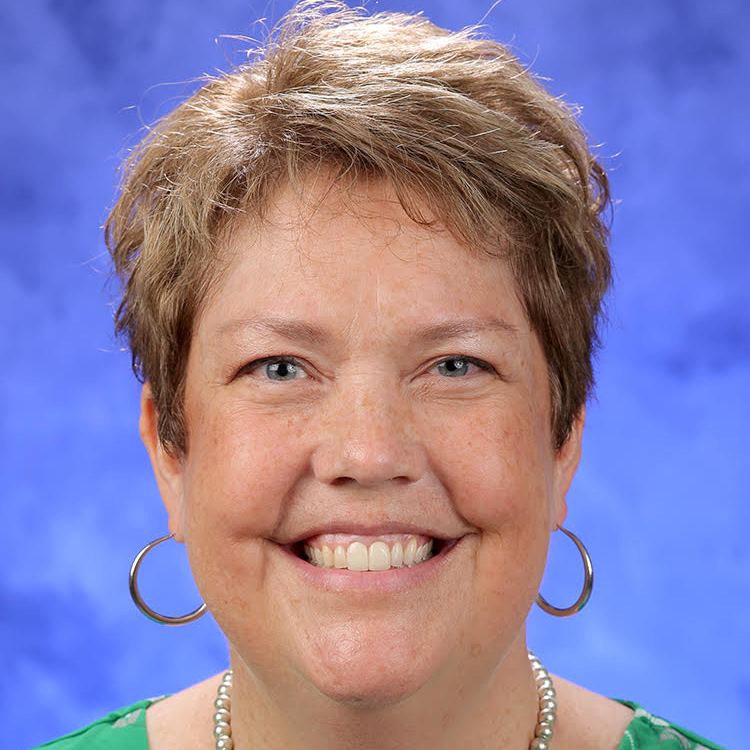
Sue Conrad Howes
Sue Conrad Howes is a chaplain at St.Luke’s Penn Foundation and is an ordained pastor in MC USA. She and her husband live in Quakertown, PA and are members at West Swamp Mennonite Church.


